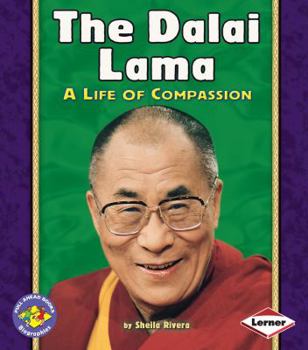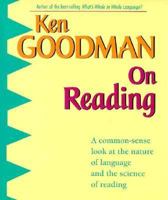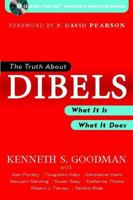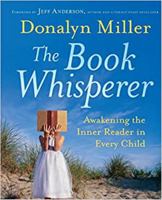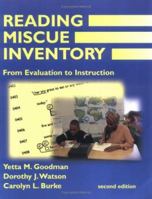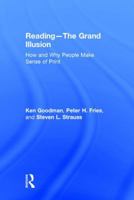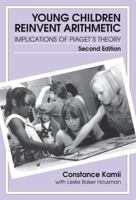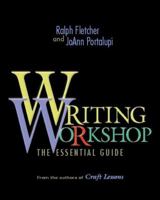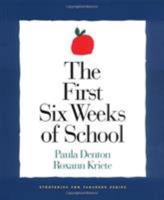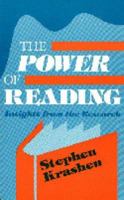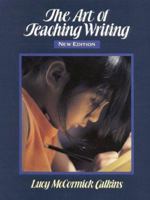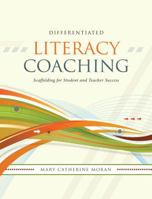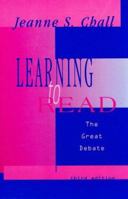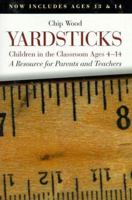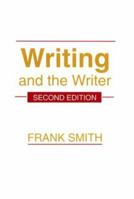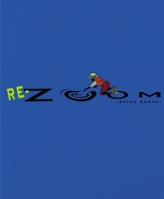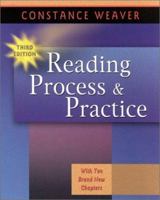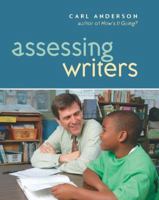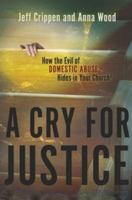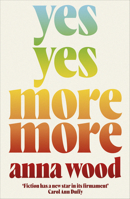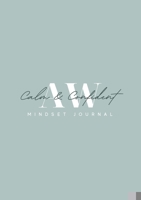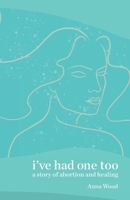Dalai Lama (Pull Ahead Biographies S.) (Pull Ahead Biographies)
(Part of the Pull Ahead Books ~ Biographies Series)
Select Format
Select Condition 
You Might Also Enjoy
Book Overview
Customer Reviews
Rated 5 starsTheory as a unleashed adventure
In this great book, you will find a whirled stairway to the very innards of that stirring and shaking inquiry called theory. From Saussure to Husserl, from Plato to Freud, and taking on Chomsky, Frege, Hjelmslev and las but not least, Lacan, Kristeva undertakes a criticism which is that of the two most troubling concepts in the western thought: the subject and the sign. In order to a new and, more and foremost, springing...
0Report
Rated 5 starsHuge - An Important and Rewarding Book
The previous reviewer clearly did not understand this intricate and admittedly difficult work in the least - it is certainly NOT an example of the "emperor has no clothes" syndrome. It is, however, a challenging and complicated work that presumes a good deal of exposure to continental philosophy (especially the phenomonologies of Hegel, Husserl, and Heidegger) and Freudian/Lacanian psychoanalysis. Kristeva does an impresive...
0Report











